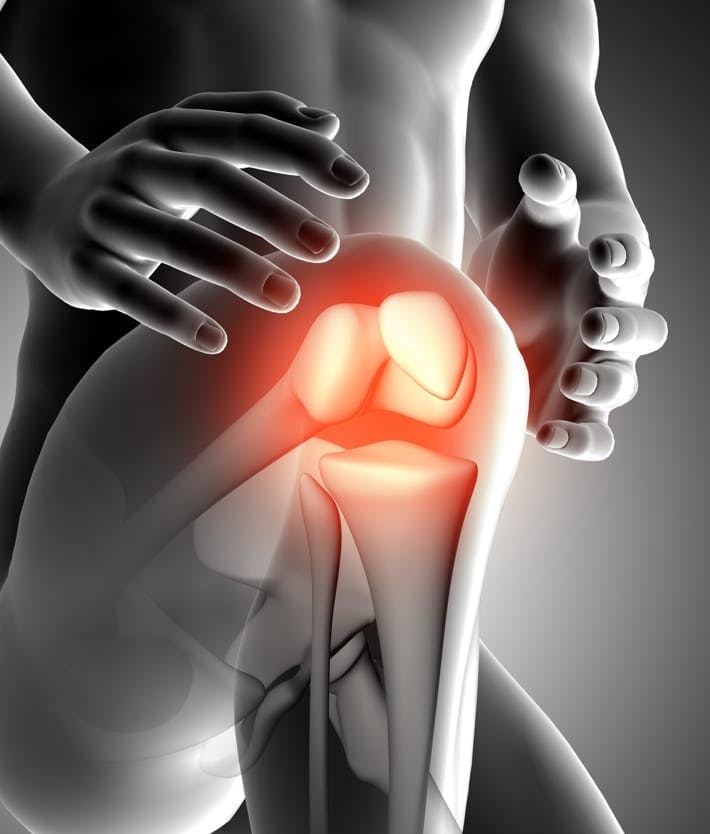Once it’s decided that surgery is necessary, you'll need to know what to expect from the procedure. Preparing mentally and physically for surgery is an important step toward a successful result. Understanding the process and your role in it will help you recover more quickly, and with fewer complications.
Working with Your Doctor: A Checklist
Before surgery, you will have a complete physical examination to make sure you don't have any conditions that could interfere with the procedure or its outcome. Routine tests, such as blood work and X-rays, are usually performed a week before any major surgery.
- Discuss any medications you are taking with Dr. Ferro and your family physician to see which ones you should discontinue before surgery.
- Also, discuss with your doctor options for preparing for potential blood replacement, including donating your own blood, medical interventions, and other treatments prior to surgery.
- If you are overweight, losing weight before surgery will help decrease the stress you place on your new joint. However, you should not diet during the month before your surgery.
- If you are taking aspirin or anti-inflammatory medications, Warfarin, or any drugs that increase the risk of bleeding, you will need to stop taking them one week before surgery to minimize bleeding.
- If you smoke, you should stop or cut down to reduce your surgery risks and improve your recovery.
- Have any tooth, gum, bladder, or bowel problems treated before surgery to reduce the risk of infection later.
- Eat a well-balanced diet.
- Report any infections to Dr. Ferro. Surgery cannot be performed until all infections have cleared up.
- Arrange for someone to help with everyday tasks like cooking, shopping, and laundry during your recovery period.
- Put items that you use often within easy reach before surgery, so you won't have to reach and bend as often.
- Remove all loose carpets and tape down electrical cords to avoid falls.
- Make sure you have a stable chair with a firm seat cushion, a firm back, and two arms.
Preparing for the Procedure
If you are having day surgery, remember the following:
- Have someone available to take you home. You will not be able to drive for at least 4-6 weeks.
- The combination of anesthesia, food, and car motion quite often can cause nausea or vomiting. After arriving home, wait until you are hungry before trying to eat. Begin with a light meal and try to avoid greasy food for the first 24 hours.
- If you had surgery on an extremity (leg, knee, hand, or elbow), keep that extremity elevated and use ice as directed. This will help decrease swelling and pain.
- Take your pain medicine as directed. Begin the medication as soon as you start feeling uncomfortable, but before you are in severe pain. If you wait until the pain is severe, it will be more difficult to control it.




